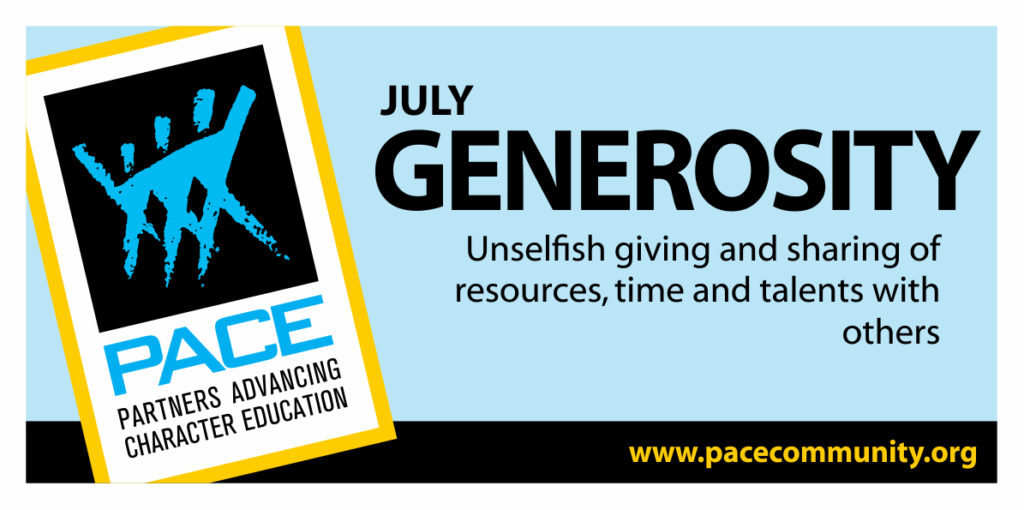Caring is something we see every day. It can be defined as “showing a genuine concern for the welfare of others and being a kind, supportive helper.” But for something that seems so present, so easy to perform, why do we often feel that no one cares? Is it possible this is because we are able to discern between two levels of caring?
Asking someone “how are you” is one of the most common forms of caring. On the surface, it says you’re concerned enough about someone’s wellbeing to ask about it. When we respond to this question, over ninety percent of the time, in my estimate, we simply say we’re “good.” Both the person asking and the person responding feel satisfied and relieved. The cultural norm has been performed and a simple answer provided—one that doesn’t result in emotional unpacking or anything that might make someone feel awkward.
I believe this highlights the difference between the two levels of caring.
The first is superficial, topical. It exists to satisfy a requirement. It occurs when someone asks another how they’re doing and is happy with the simple response. It’s when someone would prefer the simple answer rather than taking the time and weight to hear how someone is really doing, to know what’s bothering them.
This is not to say anything bad about the first level of caring. It’s necessary. I myself perform this level of caring every day. As humans, there are only so many emotional connections we can manage at one time. But that doesn’t mean we can’t try to take on a few more. It doesn’t mean we can’t make sure a few more people know they’re heard and supported. In tough times, like the ones all of us are experiencing right now, this can make a world of difference in someone’s life.
The second level of caring places an emphasis on the “genuine concern.” We typically reserve this emotional space for the ones that mean the most in our lives. When we ask how they’re doing, we genuinely care about the answer. We strap ourselves in and prepare for whatever they are experiencing. We don’t want to hear “good,” even if they are doing well, but instead want to hear the details. We want to know how they’re actually doing. This feeling is us caring for their welfare on a deeper level.
In a broader sense, this second level of caring involves being there for someone in a way that might take some sort of self-sacrifice. It’s providing support even when it’s not convenient. It’s helping even when you don’t get anything out of it. It’s doing something you know will make the other person happy. It’s doing things before you’re asked to do them. It’s taking the time to let someone vent, to check in with them on an emotional level. This shows you’re not just there sometimes but that you care enough to be there no matter what. It lets others know you don’t just care because you should but because you genuinely do.
Now more than ever, the common phrase of this year, I know, it’s crucial we show this second level of caring. The holidays are going to be different this year; they’re going to challenge us. Throughout the month, I encourage you to think about caring. How are you caring for those in your life? How are you showing them you genuinely care about their welfare? Do what you can to help, to lend a hand, to have an open ear. Challenge yourself to make sure at least one person a day knows you genuinely care for them. Try to care for three people in the second level that typically fall into the first. You might be surprised by the responses you get. During this time, we could all use another person who genuinely cares.

Luke Leinberger, EWU Graduate Student
Luke Leinberger is a recent transplant from Boulder, Colorado where he was born and raised. A lover of the outdoors, he particularly enjoys skiing, hiking, and baseball. He earned his bachelors from the University of Colorado at Boulder and is currently an MFA candidate in Eastern Washington University’s creative writing program.
Please note: PACE invites volunteers to write on the trait of the month. Opinions and views do not necessarily reflect PACE or constitute an endorsement by PACE of the content

